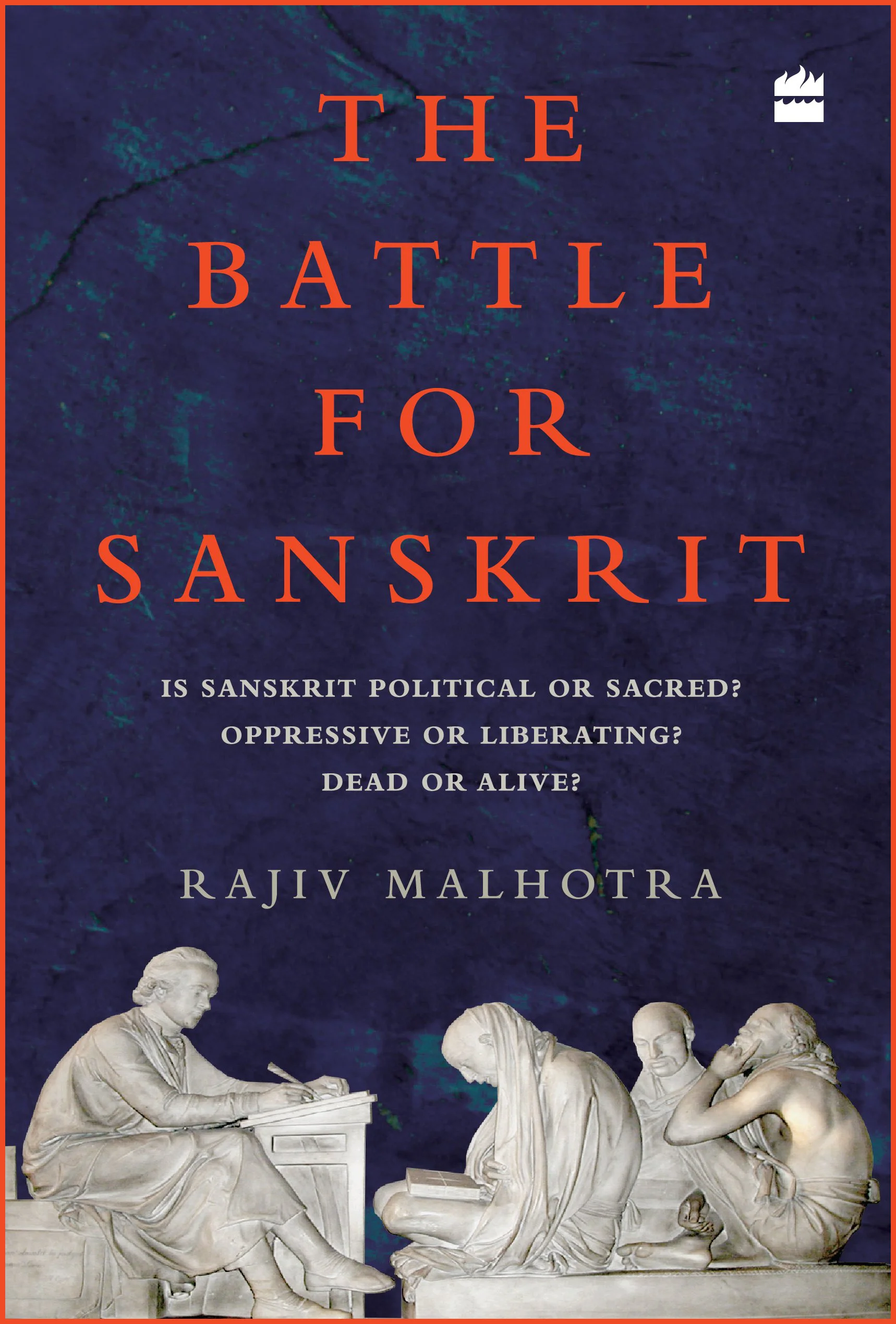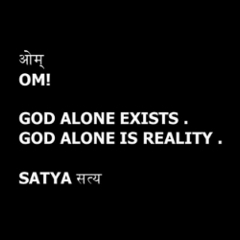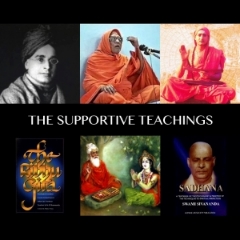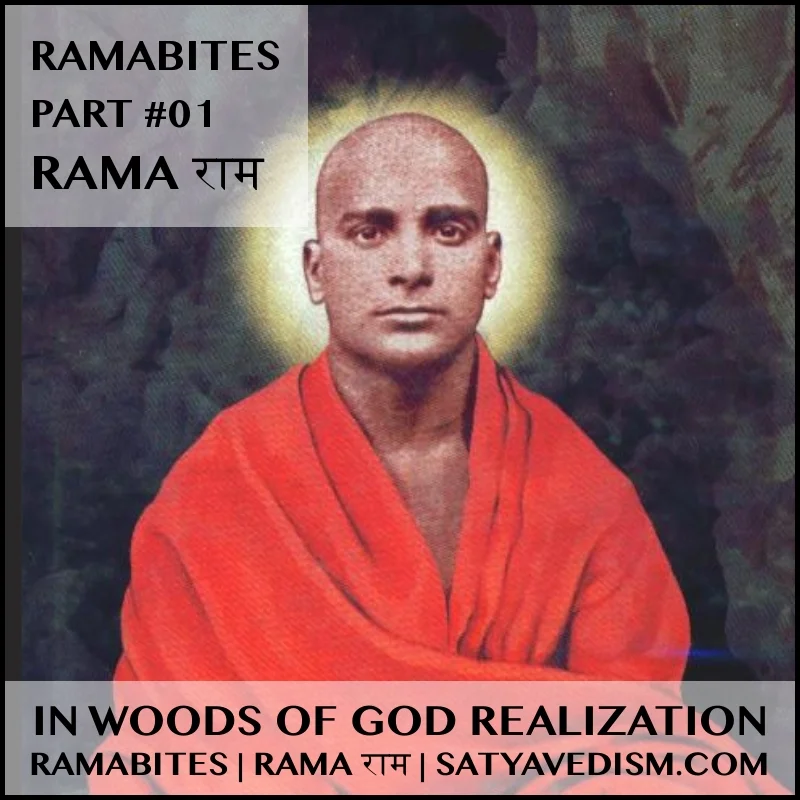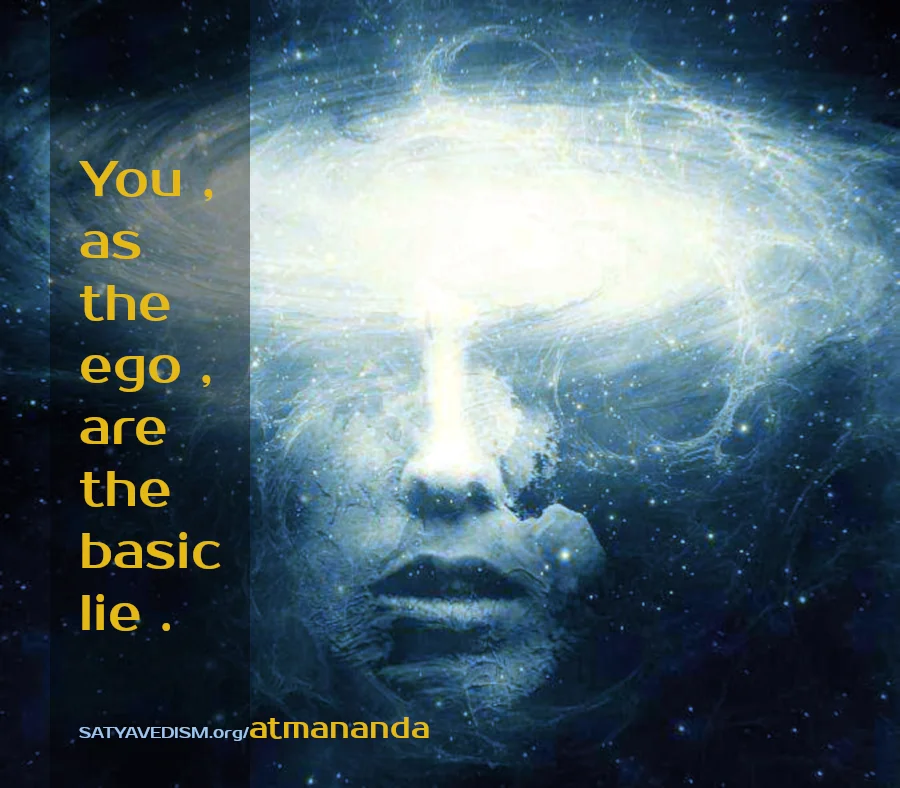THE BATTLE FOR SANSKRIT | SEL0001 | MALHOTRA
| | homeTHE BATTLE FOR SANSKRIT | SEL0001 | RAJIV MALHOTRA
CHAPTER 11 | CONCLUSION : THE WAY FORWARD | SEL0001A
|| NON-TRANSLATABLE SANSKRIT TERMS MUST ENTER THE MAINSTREAM ||
There must be multiple levels and ways of revitalizing sanskriti .
Those who do not become fluent speakers of Sanskrit can still become aware of important non-translatable words and concepts .
I would like to see , for instance , a book called " One Hundred and Eight Sanskrit Non-Translatable Terms " .
The text could be accompanied by multimedia teaching materials for popular consumption .
It is important to explain and argue why the common translations ( such as " atman " translated as " soul " ) are false , misleading and confusing when used in a Western context . . .
The goal should be to infuse the English idiom with these Sanskrit terms so that the words and unique ideas they represent become part of the English mainstream discourse .
( Eventually , I would like to see the project expanded to " One Thousand and Eight Sanskrit Non-Translatables " . )
By infusing Sanskrit words and concepts into common parlance , we can , to some extent , Sanskritize English .
At the present time , when our ideas are translated in the West , they are almost always plucked out of context , disconnected from the source , and reinstated as part of Western thought .
Preserving Sanskrit terms as well as the correct history and metaphysical framework should help prevent such hijacking . . . .
CHAPTER 11 | CONCLUSION : THE WAY FORWARD | SEL0001B
|| DEFINING THE HARD WORK THAT IS NEEDED ||
|| D | RECLAIMING & REPOSITIONING SANSKRIT & SANSKRITI ||
15 . ONE-WAY FLOW OF KNOWLEDGE FROM INDIAN TEXTS INTO ENGLISH : For centuries , Indian-language texts have been translated into English while a flow in the reverse direction has remained virtually non-existent .
As a result , only English has become the language of research and communication for knowledge in most fields .
Sanskrit must find its legitimate place alongside English as a repository of knowledge with its own way of thinking .
Here we can learn from China's strategies concerning Mandarin .
16 . OTHER ANCIENT LANGUAGES COMPARABLE TO SANSKRIT : Western scholars routinely categorize Sanskrit with Latin which they deem to be a " dead " language , andor with Greek which they hold as a classical language .
Modern Indian scholars blindly accept such a classification of Sanskrit as a dead or classical language .
This is not acceptable to traditionalists because Sanskrit and sanskriti did not evolve through outright rejection of the past but as a continuity with the past .
Therefore , we need to make efforts to decouple Sanskrit studies from Latin / Greek studies and to classify it alongside Mandarin and Persian which are living and continuous with their respective pasts .
We should bring in discussants from Asian countries where languages such as Mandarin , Persian , Arabic , Hebrew and Japanese are given prominence , and recognized as both old and modern .
17 . SCOPE OF SANSKRIT STUDIES : Besides studying the Sanskrit language and its old texts , it is necessary to introduce and employ Sanskrit categories and methods for research in modern domains such as :
Computational Linguistics , Ecology , Animal Rights . . . Neurosciences and Mind Sciences , Education and Accelerated Learning , Mathematics and other Theoretical Sciences and Health Sciences , just to name a few .
We must dismantle the present system of intellectual apartheid in which Sanskrit is kept isolated from the knowledge disciplines where its treasures are being appropriated and reformulated into Western paradigms , and given new histories as so-called Western " discoveries " .
SOURCE | SATYAVEDISM.ORG

